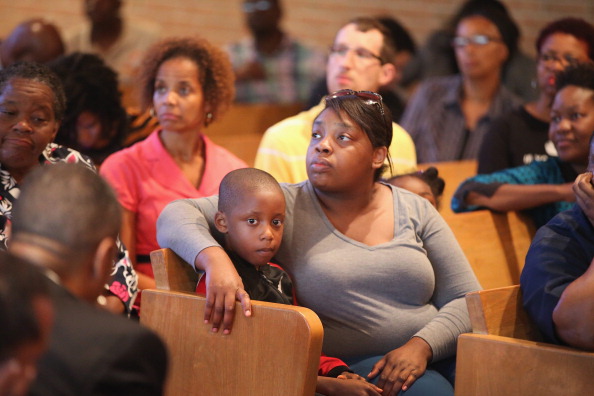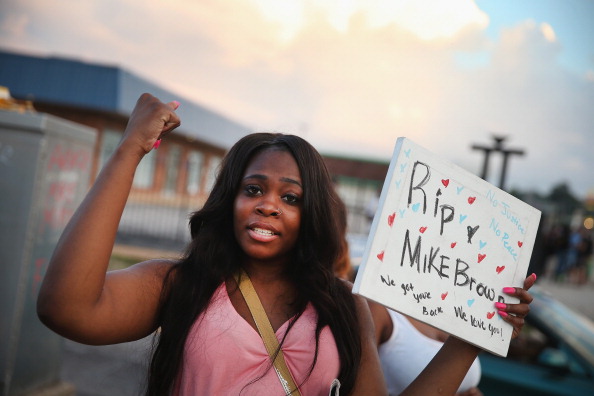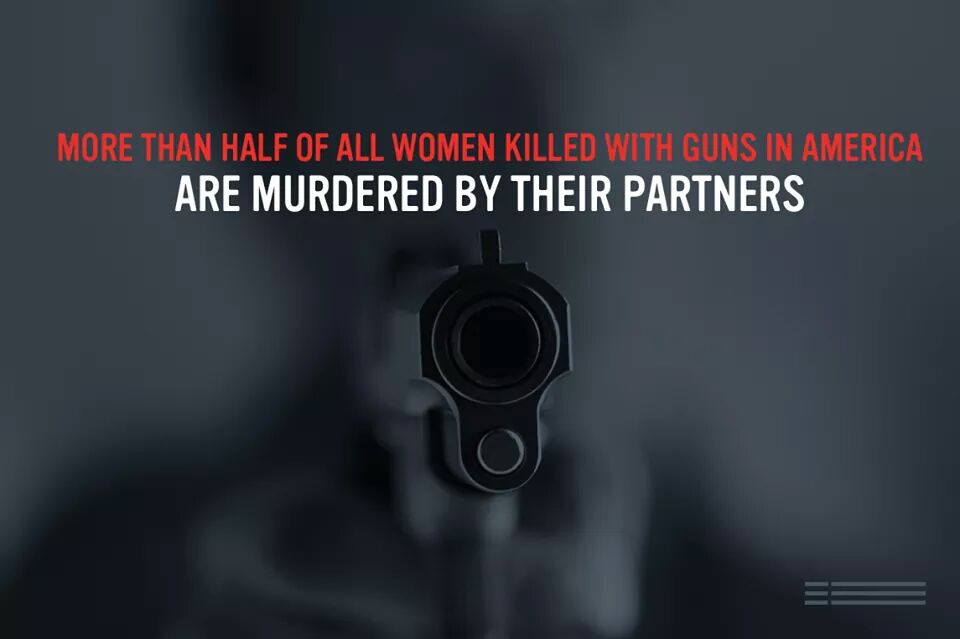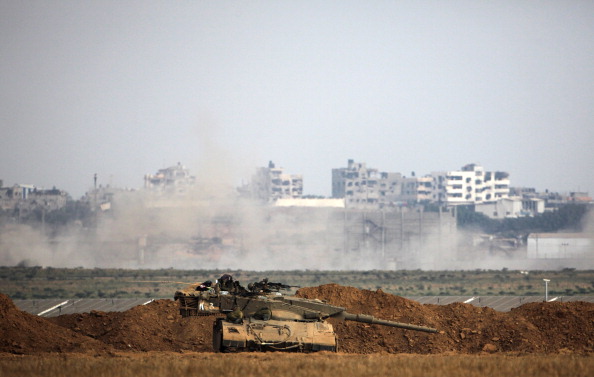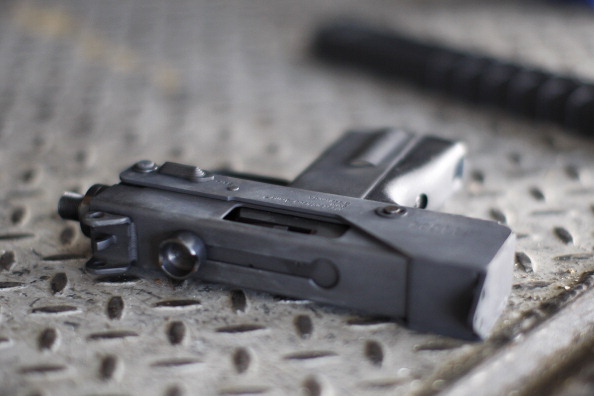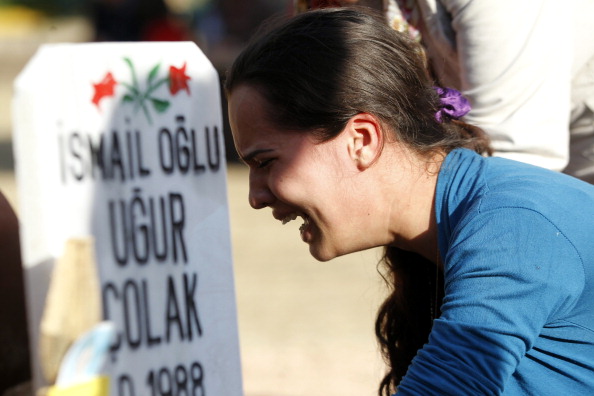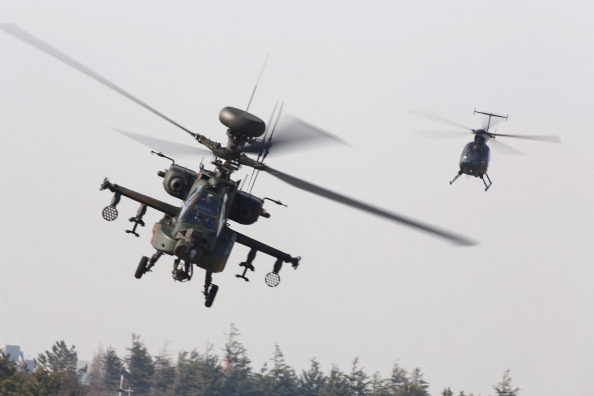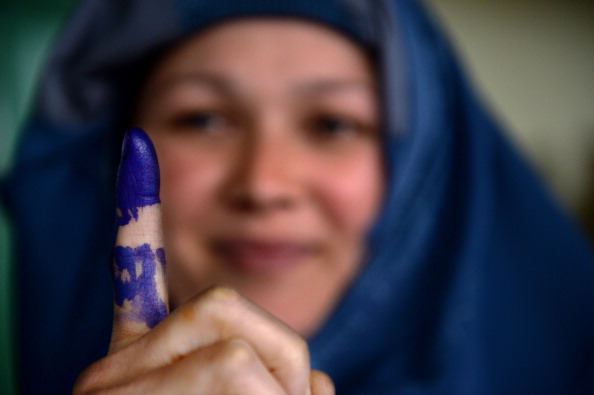![James Foley once said he reported from the Middle East because, "We're not close enough to it. And if reporters, if we don't try to get really close to what these guys - men, women, American [soldiers] ... are experiencing, we don't understand the world" (Photo Credit: Jonathan Wiggs/The Boston Globe via Getty Images).](https://blog.amnestyusa.org/wp-content/uploads/2014/08/453861316.jpg)
James Foley once said he reported from the Middle East because, “We’re not close enough to it. And if reporters, if we don’t try to get really close to what these guys – men, women, American [soldiers] … are experiencing, we don’t understand the world” (Photo Credit: Jonathan Wiggs/The Boston Globe via Getty Images).
This is why the beheading of reporter James Foley is so important to anyone concerned about human rights in the region. It’s important not just because, as Amnesty International says, it is “a war crime,” but because Syria right now by most standards is now the most dangerous place in the world for journalists.
